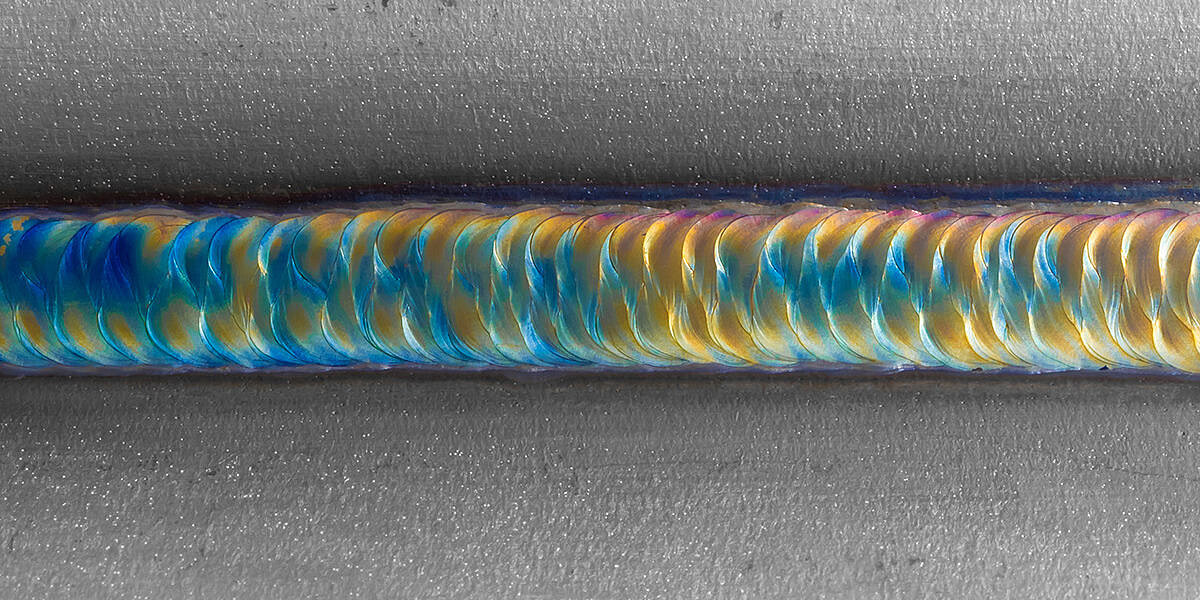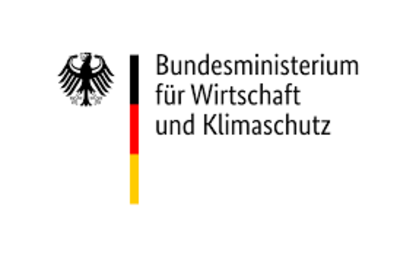TMF-SN-H2

The funding project TMF-SN-H2 (Thermomechanical fatigue of weld seams in hydrogen-powered gas engines) aims to develop concepts for the evaluation of thermomechanically stressed weld seams in future hydrogen-powered gas engines. The aim of the project is to increase the flexibility of these engines in terms of both load and fuel in order to improve their potential for use in the energy transition.
Decentralized, modular power plants based on gas engines play a key role in the transition to renewable energies. These engines are characterized by high efficiency and flexibility, as they can be quickly switched on or off as required. However, the thermal and mechanical stresses, particularly in the area of the weld seams, pose a major challenge, as these are subjected to cyclical temperature fluctuations and vibration loads. The switch to hydrogen as a fuel could further exacerbate these stresses.
The project aims to use experimental investigations and model-based approaches to create a sound basis for the evaluation and design of welded components under the new operating conditions. This should improve the service life and reliability of the gas engines and reduce unplanned downtimes.
The project partners involved, including TU Darmstadt, Rolls-Royce Solutions and Merkle CAE Solutions, are contributing their expertise in materials science, simulation techniques and industrial applications to develop practical solutions. The project is supported by the use of innovative testing methods and software tools to evaluate the weld seams. The results should contribute to improving service life and efficiency not only in gas engines, but also in other industrial applications.
Overall, the project contributes significantly to the development of hydrogen-powered gas engines and supports the goals of the German government's 7th Energy Research Program to promote sustainable energy production.
Merkle CAE Solutions GmbH plays a central role in the project in the development and implementation of material models and evaluation methods for thermomechanically loaded weld seams. Its main tasks include
- Material modeling and evaluation methods: Merkle CAE develops and implements models to evaluate welds in the context of thermomechanical fatigue. These models are transferred from academic research into industrially applicable approaches.
- Practical implementation in software tools: The developed assessment methods will be integrated into a practical software tool that allows industrial application. This includes the implementation of assessment methods for weld seams at different load levels (assessment levels).
- Simulation and comparison: Merkle CAE carries out simulations that are tested on real samples and industrial projects to ensure the accuracy and efficiency of the assessment methods. The methods are compared with existing standards.
- Post-processor development: Together with Rolls-Royce Solutions, a post-processor is being developed that enables the evaluation of weld seams on large structures, which is crucial for use in industrial gas engines.
In summary, Merkle CAE is responsible for the technical implementation of the calculation and evaluation methods that enable thermomechanically loaded weld seams to be evaluated safely and efficiently.
Project type:
Project management organization PTJ Jülich
Funding measure: Application-oriented non-nuclear R&D in the 7th Energy Research Program of the Federal Government in the funding area of thermal power plants
project partner:
Merkle CAE Solutions GmbH
Rolls-Royce Solutions GmbH
TU Darmstadt
Period:
2024 - 2026
Acronym/funding identifier:
TMF-SN-H2
03EE5172A
Project sponsor
